Tips To Reduce Bloating

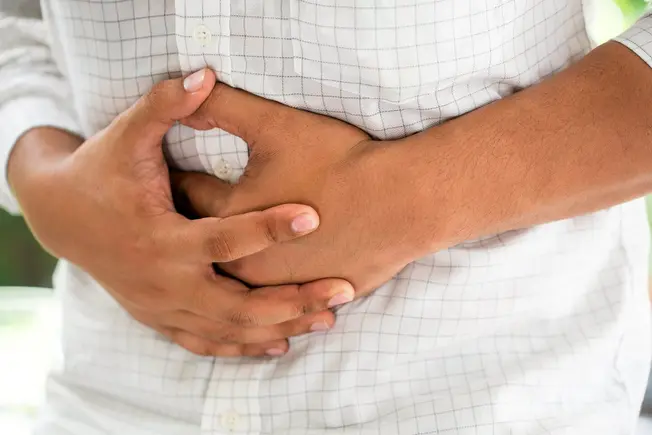
Why Are You Bloated?
It’s that too-full feeling you get in the belly after you eat a bit too much. Or it might be the type of food you ate, or how fast you ate it, or too much salt, fat, or sugar, that causes gas, weight gain, constipation, or water retention. Certain medical conditions like celiac disease, Crohn’s disease, irritable bowel syndrome, or ulcerative colitis might also make it more likely.
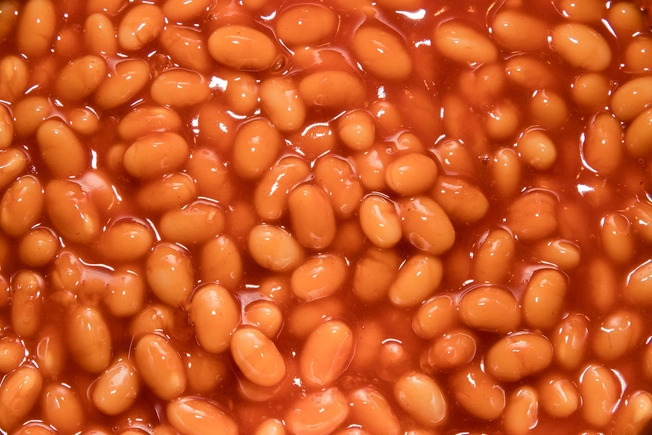
Gassy Foods
Beans are a great source of fiber and protein. They also have a substance called raffinose that bacteria need to break down. That can produce gas and lead to bloat. It’s not bad for you, and how gassy you get varies from person to person and by types of beans. Broccoli, cabbage, and Brussels sprouts also have raffinose. Your body will likely adjust. Over-the-counter meds may help you digest these foods more easily.
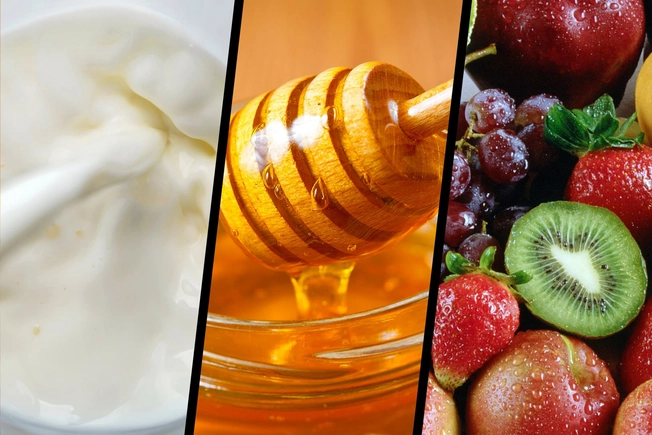
Find the FODMAPs
These are a group of carbs that are hard to digest for some people. They can cause bloating from gas and fluid buildup. FODMAPs include lactose in dairy, fructose in fruit and honey, and many others. Keep notes on how your body handles different foods. Share that info with your doctor to help figure out whether FODMAPs might be to blame, so you know if you need to drop them from your diet.
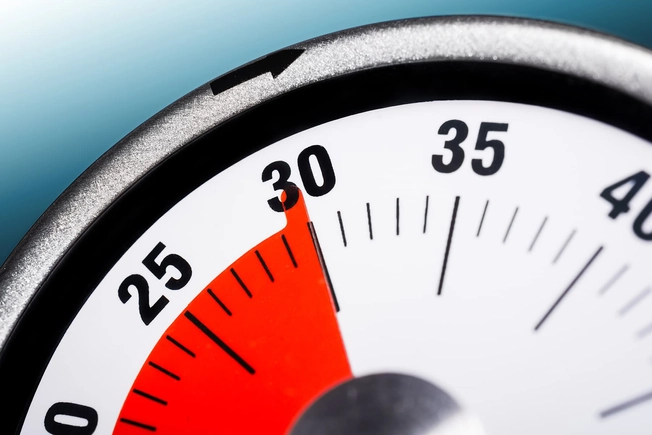
Slow Down!
The faster you eat, the more air you swallow. Your stomach can swell when it traps the air, which sometimes passes on to your intestines. Plus, you down more food when you eat quickly. That’s in part because it can take as much as 30 minutes for your stomach to tell your brain that you’re full. You might overdo it before your brain gets the message -- and that can also make you feel bloated.
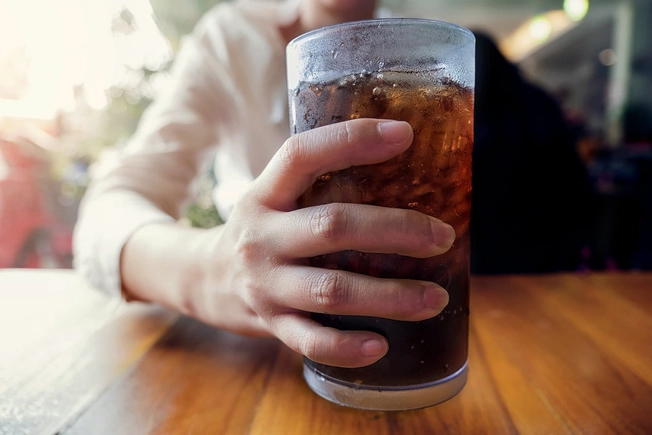
Put Boundaries on Bubble
Limit fizzy drinks. The gas that you swallow when you drink soda and other bubbly drinks -- beer, champagne, seltzer -- can fill up your digestive system. You burp some of it away, and some remains and moves through your digestive system until it “passes” out the other end. That’s why it’s called “passing gas.”
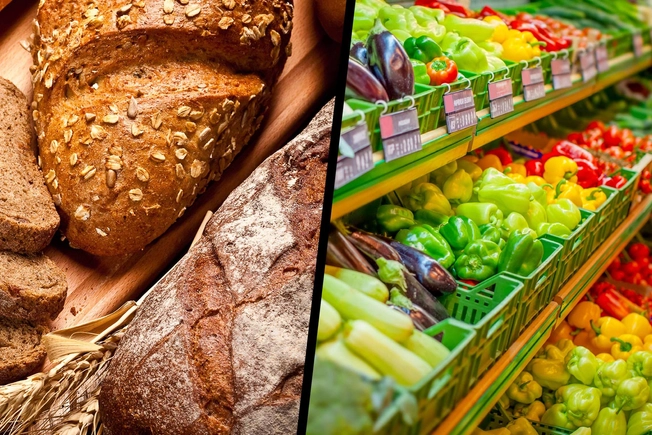
Be Carb-Smart
Your body taps into this fuel more quickly than protein or fat, which take longer to digest. After your body uses the carbs it needs for energy, it stores the rest: first as glycogen, which makes your body retain water, and then in fat cells. Both can make you feel bloated. It can help to avoid “simple” carbs, like white bread and pastries, in favor of “complex” carbs, like whole grains and vegetables that take longer to digest.
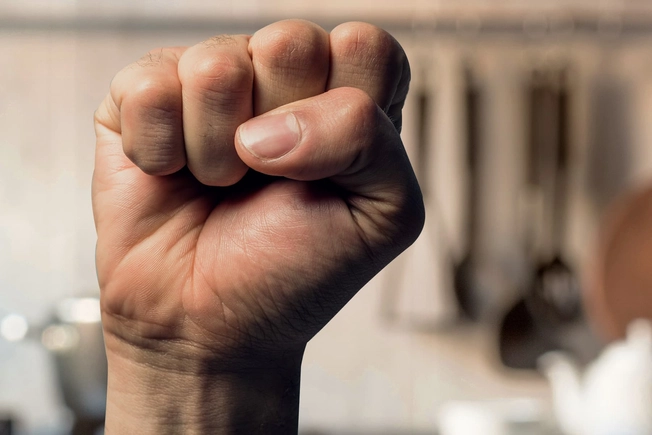
Eat Just Enough
Your stomach is only about the size of a fist. Food compacts somewhat through the digestive process, but if you eat too much, it starts to stretch out your stomach, and that can make you feel bloated. Plus, too much food makes it more likely that you’ll overdo the salt, carbs, fat, and calories, all of which can also make you feel bloated.

Limit Salt
Your body needs it to work, but most of us get more than we need. It prompts your body to retain more water, which can make you feel bloated. It also can cause kidney problems and high blood pressure. You may get more salt in your diet than you realize from processed and fast foods. So check food labels for salt (sodium) levels and remember: Just because you don’t taste it, it doesn’t mean it’s not there.
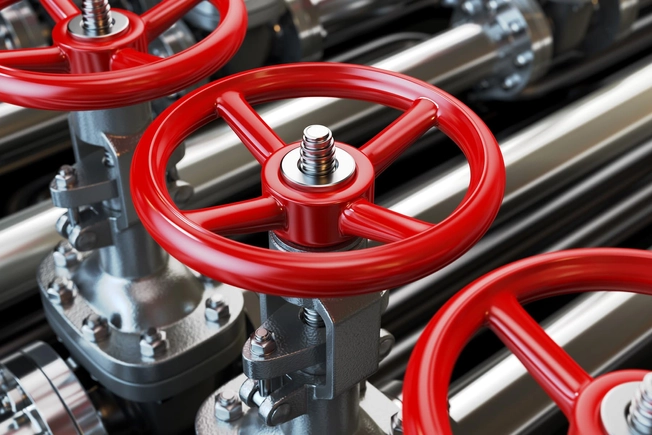
Constipated?
When you get “stopped up,” you can feel bloated. Mostly, it happens when you need water, fiber, or exercise. But diet changes, illness, or stress also can do it. It usually passes, but exercise, water, and over-the-counter meds can help. See a doctor if you're losing weight and don't know why, it lasts more than a week or two, or you have dizziness, belly pain, or blood in your stool. These could be signs of something more serious.
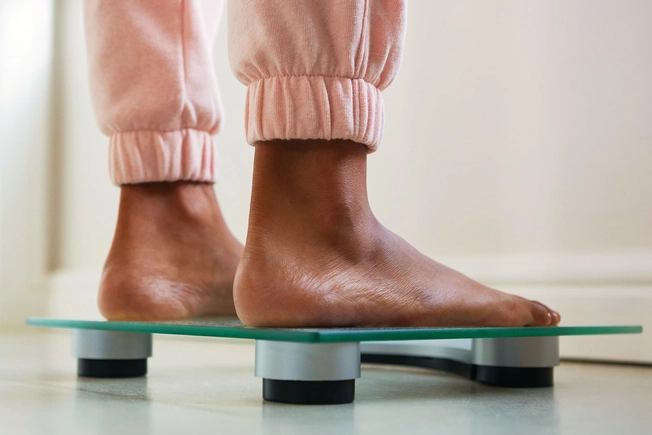
Check On Your Weight
Have you gained 10 or more pounds in the last year? That’s often the case for people who say they feel bloated. It could be because that weight often goes on around the belly, which leaves less room for your stomach to stretch. You and your doctor may be able to build a well-balanced diet and exercise program that helps you lose weight and feel less bloated.

Trim Fat Calories
Your body takes quite a while to digest fat. That means it can stick around in your stomach for a while and leave you feeling bloated. Plus, it’s the most calorie-dense food that you can eat. Those calories can add up quickly and cause you to gain weight, which could also make you feel bloated. It might help to limit fat calories with lean protein, whole grains, and vegetables.

Manage Medical Conditions
Your doctor can help you figure out if gut conditions like irritable bowel syndrome, Crohn’s disease, ulcerative colitis, celiac disease, infection, or others are causing your bloating. Treatment may include changes in diet, sleep, and exercise habits, along with medication. The more closely you follow your doctor’s suggestions, the more likely you are to ease your bloating. Tell your doctor if your bloating is severe or comes back.